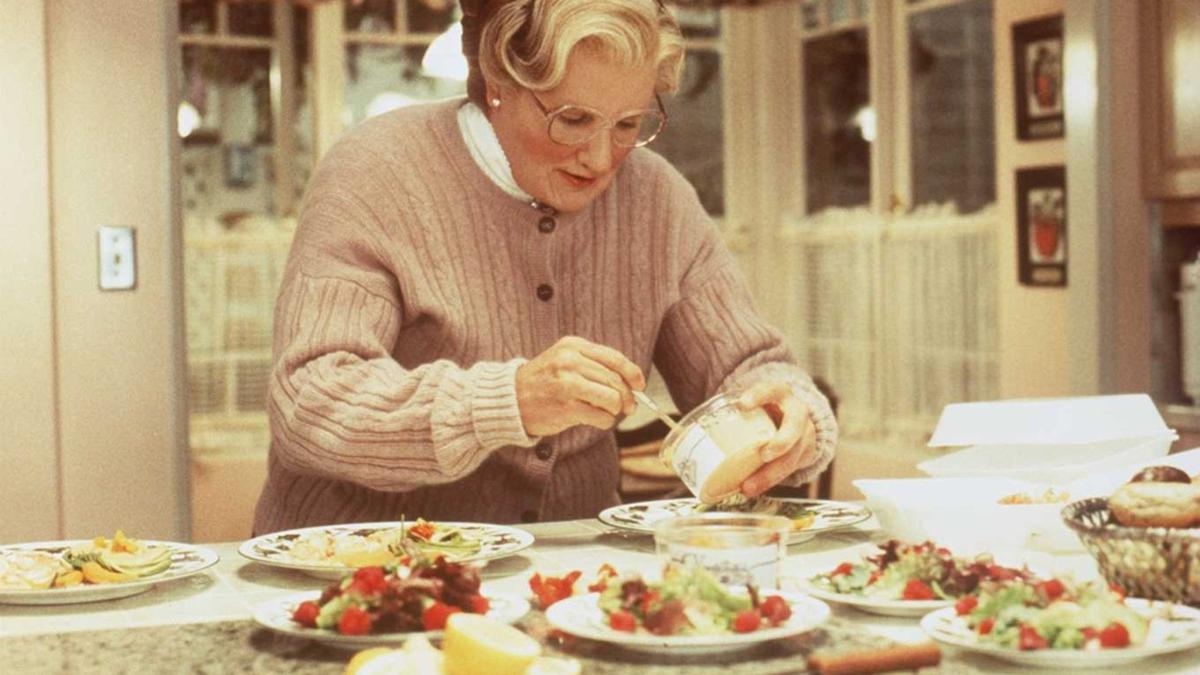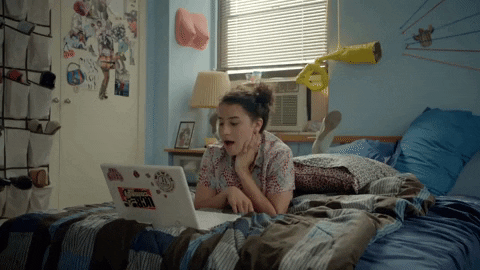
Without regular distractions clouding our vision, isolation truly gifted us with the time to take a good hard look at ourselves. Although most of life’s ~fun~ activities were off (and still are off in some areas), it proved to be a pretty damn good time for the wholesome self-betterment we were all in need of.
Sales for home workout equipment skyrocketed, everyone embraced the 1800s and learnt how to make their own bread and Zoom calls popped off – we were all getting staunch, cooking up storms and connecting online, which were all anchors of sanity amidst the uncertainty of isolation.
Even though we’re regaining some semblance of normalcy (slowly but surely), these iso habits shouldn’t be entirely thrown out the window.
The impacts of COVID are going to be long-lasting, so maintaining healthy habits to ensure your mental health is in tip-top shape is imperative. Sound like a plan?
Young people have been particularly hard-hit by the pandemic – Uni courses have been thrown into disarray, school classes were shaken up and millions of casual jobs have been lost. For Gen Z, outside the glossy filters of Tik Tok, the future may be looking a little grim, so keeping your own head in check and knowing how to spot when mates might not be coping is crucial.
To get some further advice about how to keep up our good iso habits, we had a chat with Tiana Sixsmith of Youth Affairs Council Victoria (YACVic), the leading policy advocate for young people and the youth sector in Victoria, to talk about how to maintain 5 habits you developed in iso that you’ll continue to benefit from.
Keep Facetiming Yr Mates
Even though we can eat out or visit mates now, regularly chatting on the phone or even Facetiming is an important way to maintain an ongoing connection with pals.
Many of us experienced huge changes over the last few months so being there for those in our networks who may be doing it tough is integral.
“Sometimes it can be hard, but even just the smallest of text messages can help. Send a ‘how are you going?’ text message, plan a Zoom catch-up, do it the old fashioned way and drop off a book and some baked goodies on their doorstep,” said Tiana.

“Just show up. It doesn’t have to be a lot, just show your friends that you’re there and you care.”
Spending the time on your commute you’d usually reserve for social media scrolling to make a phone call is a great way to slot-in friend-check up time with a chat, or even Facetiming whilst on walks around your block could be an effective way of knocking off exercise at the same time.
We’re all feeling the weirdness of 2020, so get creative about how to keep in touch with your mates.
It’s also important to keep in mind that post-iso life doesn’t have to entail diving head-first into a frantic social life schedule immediately – take it slow, and remember fewer, meaningful hangs trump endless empty conversations.
Practicing Mindfulness Is Key
Both yoga and meditation are incredibly effective in maintaining our overall health and wellbeing, and even if it wasn’t a habit that you picked up during iso, it’s never too late to start.
According to Tiana, activities like practising yoga and meditation are all about “taking a few minutes out of your day to check-in.”
We’re constantly bombarded with messages of ‘self-care’ on social media, and practising mindfulness is at the core of this idea.
If yoga or meditation isn’t your vibe, Tiana also recommends “listening to a podcast or audiobook whilst lying down and breathing” as an effective way to give your brain the breather it needs.
Lay Off Delivery And Cook Your Own Meals
Our diets and mental health are so intrinsically connected it’s not even funny. Seriously, who’s ever felt like conquering a single task was manageable after consuming nothing but processed carbs? I know, it’s upsetting, but learning that pasta cannot form the basis of every meal is part of adult life.
As we mentioned, the world became obsessed with cooking during iso and there’s no denying it’s a super important life skill to keep up.
You’ll find yourself saving money, and it’s a healthier way to plan out your week especially if your commitments are starting to pile on again.
Setting aside time to cook and pack your meals is essentially a form of mindfulness and self-care too, so get creative and utilise the tips you’ve developed by osmosis from Masterchef to good use.

Keep Making Gains At Home
As we get busier, finding the time to work out may become difficult, however, it’s pretty dang essential we keep it up.
Even though gyms are opening up, continuing to use the equipment you bought to make gains at home and attending the online workout classes you fell in love with is still an effective option to maintain your fitness post-iso.
If you’re finding it difficult to get motivated, Tiana said it’s all about having those convos with friends about healthy habits to “keep each other accountable”.
Adding exercise to your daily routine is a great way to kick away those iso-induced cramps and cricks, and unleash the sweet endorphins your Vitamin D-yearning brains are crying out for.
Don’t Neglect Your Nearest And Dearest, They Love Ya
Isolation saw many of us keep in touch or spend more time with the people you live with than usual. Although being confined to the same space as your parents, siblings, housemates or partner for 3 months without a breather may have been ~stressful~ at times, they probably adored seeing you around more often than usual.
Checking in regularly with loved ones who have also been impacted by the pandemic is essential because they need your support as much as you need theirs.
Tiana noted, what’s most important is “knowing who your support systems are” – I don’t think any of us could’ve prepared for what this year has in store, but, the one thing we can count on is each other to lend a hand when it’s needed. (Soz for the corniness, but it’s true.)
“Whether it be friends, family members, your boss, a teacher at school, the person you live with, your partner know who you can talk to. If the idea of bringing up any of these anxieties scares you, places like Beyond Blue or Lifeline have so many options.”
“You can email them, webchat with them or call them and it feels exactly like texting a friend. Even at my lowest points, it was nice to know that there was always that option there.”




